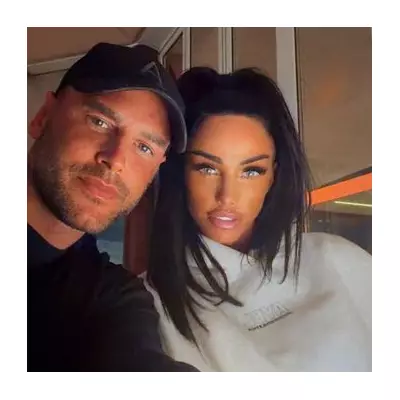
In a remarkable industry shift that's sending shockwaves through the fashion world, Victoria's Secret has completely overhauled its controversial marketing strategy, abandoning its long-criticised 'perfect body' imagery in favour of a more inclusive, body-positive approach.
The End of an Era
For decades, Victoria's Secret was synonymous with a specific, often unattainable body type, epitomised by their annual fashion show featuring ultra-slim 'Angels'. The brand faced mounting criticism for promoting unrealistic beauty standards that many argued were damaging to women's self-esteem and body image.
A New Direction Emerges
The transformation began gaining momentum when the company introduced its 'Love Cloud' collection, featuring models of various sizes, ages, and backgrounds. This marked a significant departure from their traditional marketing playbook and represented a genuine commitment to change.
Industry Experts Weigh In
Fashion analysts note that this pivot isn't just about social responsibility—it's a strategic business move. Consumers increasingly demand authenticity and diversity from brands, and Victoria's Secret's evolution reflects this shifting landscape. The move positions them to capture a broader market that values representation and inclusivity.
What This Means for Fashion
Victoria's Secret's transformation signals a broader industry trend toward body positivity and diverse representation. Other major retailers are likely to follow suit as consumer expectations continue to evolve toward more realistic and inclusive beauty standards.
The brand's journey from exclusive 'Angel' imagery to embracing real women's bodies represents one of the most significant rebranding stories in recent fashion history, potentially reshaping how lingerie and fashion are marketed for years to come.





